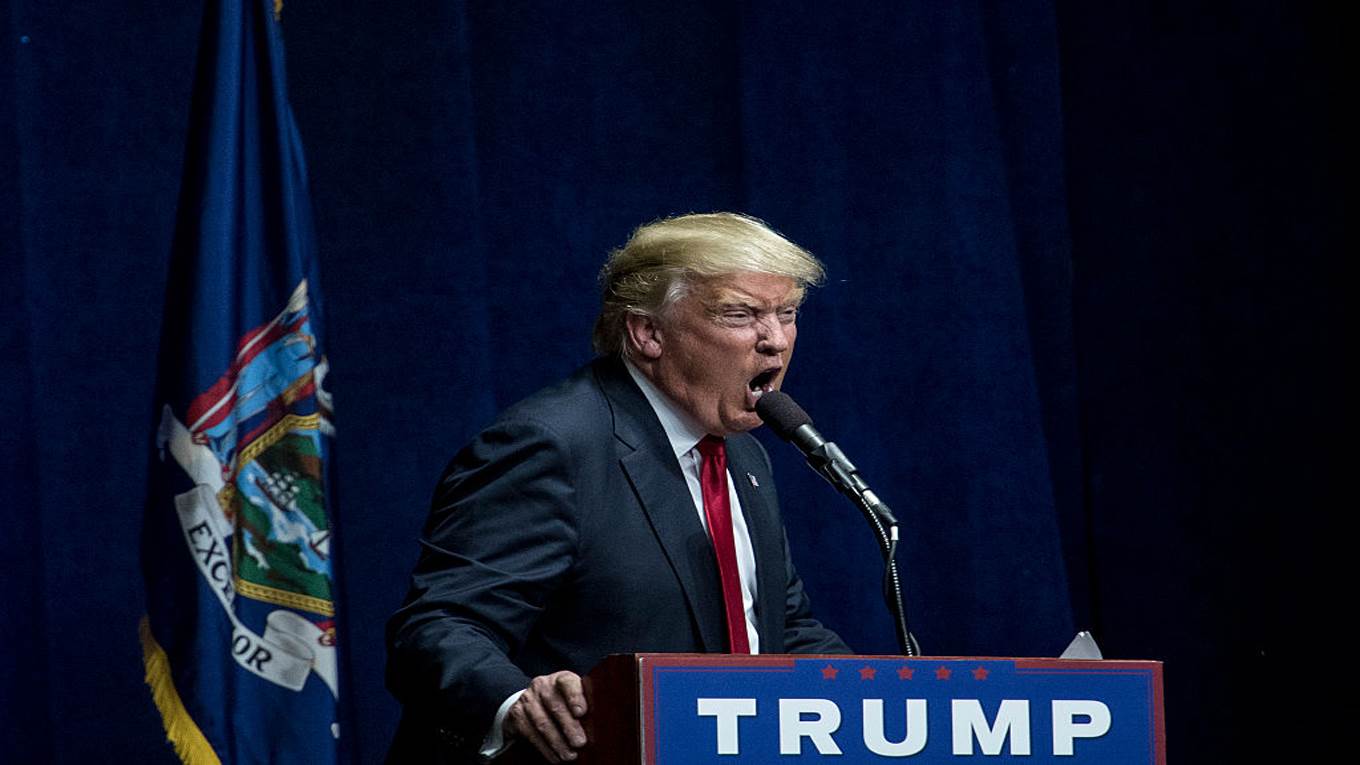PETER SINGER
 At first, Saudi officials said that Khashoggi had left the consulate. But with the Turkish government revealing lurid details of the murder, they finally acknowledged that he had died, claiming that his death was an unintended consequence of a fight. And now, after Turkish officials provided evidence to CIA Director Gina Haspel, Saudi Arabia’s public prosecutor has said there are indications that Khashoggi’s death was premeditated. According to Istanbul’s chief prosecutor, Irfan Fidan, Khashoggi was strangled almost immediately after he entered the consulate, and his body was dismembered.
At first, Saudi officials said that Khashoggi had left the consulate. But with the Turkish government revealing lurid details of the murder, they finally acknowledged that he had died, claiming that his death was an unintended consequence of a fight. And now, after Turkish officials provided evidence to CIA Director Gina Haspel, Saudi Arabia’s public prosecutor has said there are indications that Khashoggi’s death was premeditated. According to Istanbul’s chief prosecutor, Irfan Fidan, Khashoggi was strangled almost immediately after he entered the consulate, and his body was dismembered.
In the wake of Khashoggi’s death, Germany halted its arms sales to the Saudis and called on its allies to do the same. Government officials from several countries, including the United States, pulled out of a major investment meeting held in Riyadh. So, too, did a number of corporate executives, including the chief executives of JP Morgan and BlackRock.
And yet the strong response to Khashoggi’s brutal murder stands in stark contrast to the relative indifference the West has shown to the vastly larger number of victims of the Saudi-led military intervention in Yemen. Saudi airstrikes have killed thousands of civilians, including children who died when school buses were bombed. Now those deaths are themselves heavily outnumbered by the toll of the widespread famine engulfing Yemen.
The famine is also the outcome of Saudi actions: blockades, import restrictions, and other measures, including withholding the salaries of about a million civil servants. An analysis by Martha Mundy of the London School of Economics has found evidence that the coalition’s airstrikes are deliberately targeting food production and distribution in areas held by its opponents. Khashoggi himself wrote movingly of the deaths of children in Yemen, and said that Saudi Arabia cannot occupy the moral high ground while simultaneously waging this war.
Last month, Mark Lowcock, the United Nations Under-Secretary-General for Humanitarian Affairs and Emergency Relief Coordinator, told the UN Security Council that eight million Yemenis now depend on emergency food aid, and that the number could reach 14 million, or half the country’s population. The famine, Lowcock said, would be “much bigger than anything any professional in this field has seen during their working lives.” Despite the food aid, photos from Yemen show children who are just skin and bones. Some of them starve to death.
Mekkia Mahdi, who works at health clinic in Yemen that is crowded with emaciated children, told a New York Times reporter that she was surprised that the Khashoggi case was getting so much attention while millions of Yemini children were suffering. “Nobody gives a damn about them,” she said.
The fact that Khashoggi was a journalist who wrote for the Washington Post no doubt goes some way toward explaining the attention given to his death. His story is also an example of the so-called identifiable victim effect: the fate of a single identifiable individual does more to arouse our emotions and move us to action than that of a vastly larger number of people. Paul Slovic, the leading researcher on the phenomenon, calls it “psychic numbing.” He quotes Mother Teresa as saying: “If I look at the mass I will never act. If I look at the one, I will.”1
Psychic numbing may be a human emotional response that is part of our nature, but few people would deny that a million deaths is a far greater tragedy than one death. Whatever our emotions may prompt us to do, at the level of public policy and corporate decision-making, we should understand that numbers matter, and act accordingly.
Perhaps Khashoggi’s murder will open our eyes to the Saudi regime’s other murderous activities. For decades, the Saudis have been using the money we pay them for oil to indoctrinate their population with a fundamentalist strain of Islam. Not content with spreading this ideology within their own country, the Saudis have spent billions of dollars on propaganda designed to transform tolerant and moderate Islamic communities in other countries into fundamentalists. Saudis are believed to have provided most of al-Qaeda’s funding, and more of the group’s foreign fighters in Iraq came from the Kingdom than from any other country.
Halting arms sales to Saudi Arabia is only a first step. To reduce the Kingdom’s power, we need to stop buying its oil. To achieve that, we need transparency in the oil industry. We should demand that every major oil company reveal to the public what proportion of its retail products comes from Saudi Arabia. Then we can see which products customers, armed with this information, choose to buy.1
If that happens, Jamal Khashoggi may not have died in vain.
No comments:
Post a Comment